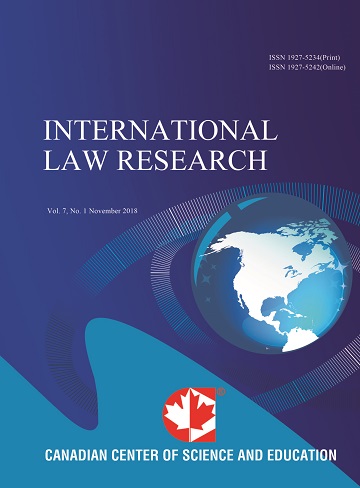Innovation in the Standard of Globalization Sukuk
- Saad Aljloud
Abstract
The purpose of this paper is examination the several of Current Islamic Sukuk models and approaches in Islamic finance. In the aftermath of the financial crisis of 2007–2008, the fundamental stability of the conventional financial system has been seriously questioned. Excessive leveraging, combined with an inherent asset-liability mismatch, exposes institutions to unsupportable risk, and threatens the overall soundness of the financial system. An alternative to the current model is one traditionally advocated by Islam. Islamic finance eliminates debt financing and instead promotes equity or direct asset financing, which allows for risk-sharing instead of risk-shifting. Financial institutions serve their traditional role as intermediaries between savers and investors, but with no debt on their balance sheets, eliminating the potential for excessive risk. The stability of the international financial system would be enhanced if reliance on debt were reduced: the global financial system would rely more heavily on risk-sharing, equity finance, and genuine asset securitization, linking the payoffs of financial securities to the underlying assets that are financed.
- Full Text:
 PDF
PDF
- DOI:10.5539/ilr.v3n1p82
Journal Metrics
h-index (2017): 2
i10-index (2017): 0
h5-index (2017): N/A
h5-median (2017): N/A
Index
- CNKI Scholar
- COPAC
- CrossRef
- DTU Library
- EuroPub Database
- Excellence in Research for Australia (ERA)
- Ghent University Library
- Google Scholar
- Harvard Library
- Infotrieve
- Jisc Library Hub Discover
- LOCKSS
- Open J-Gate
- PKP Open Archives Harvester
- Publons
- ROAD
- Scilit
- SHERPA/RoMEO
- Stanford Libraries
- Ulrich's
- UniCat
- Universe Digital Library
- UoS Library
- WorldCat
Contact
- Joseph TaiEditorial Assistant
- ilr@ccsenet.org
